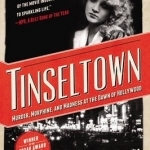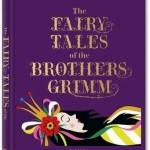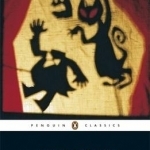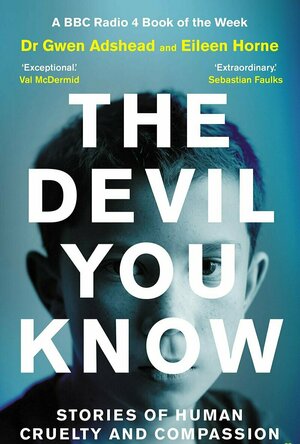Merissa (13782 KP) rated The Du Lac Princess (The Du Lac Chronicles #3) in Books
Dec 17, 2018
There is one new character that needs her own mention, and that is Tegan. She was a knight in Arthur's court, in love with Lancelot. She has her own tale to tell, and her own way of telling it, so I won't even try. All I will say is that Tegan wriggled into my heart, and I was sad when we heard no more about her. I am fervently hoping that she will make a reappearance in the next book.
Exceptionally written, with no editing or grammatical errors to disrupt my reading flow, The Du Lac Princess is an astounding read of the highest quality. With impeccable research and honour to traditions of a time gone by, this book and series continue to fascinate. I am happy to learn there will be more in this series, and can't wait to continue. Absolutely and utterly recommended.
* A copy of this book was provided to me with no requirements for a review. I voluntarily read this book, and my comments here are my honest opinion. *
Merissa
Archaeolibrarian - I Dig Good Books!

Tinseltown: Murder, Morphine, and Madness at the Dawn of Hollywood
Book
New York Times Bestseller Edgar Award winner for Best Fact Crime The Day of the Locust meets The...

Lemmy: The Definitive Biography
Book
In 'The Ace of Spades', Motorhead's most famous song, Lemmy, the born-to-lose, live-to-win frontman...

The Essential Humphrey Bogart
Book
Many film fans consider Humphrey Bogart the ultimate star of Hollywood's golden era. He rose from...

An Innocent Fashion: A Novel
Book
"Writing in a fervently literary style that flirts openly with the traditions of Salinger, Plath,...

The Fairy Tales of the Brothers Grimm
Noel Daniel, Wilhelm Grimm, Jacob Grimm and Matthew R. Price
Book
This is a compendium of the Brothers Grimm's most beloved fairy tales, newly translated and...

The Master and Margarita
Richard Pevear, Larissa Volokhonsky and Mikhail Afanasevich Bulgakov
Book
Mikhail Bulgakov's The Master and Margarita is a fiercely satirical fantasy that remained...

The Artful Baker: Extraordinary Desserts from an Obsessive Home Baker
Book
A collection of more than 100 extraordinary desserts--all with photos and meticulous...
Joey Santiago recommended Highway to Hell by AC/DC in Music (curated)
ClareR (6079 KP) rated The Devil You Know: Stories of Human Cruelty and Compassion in Books
Jun 22, 2021
It’s really interesting to read about this diverse group of people - they were in Broadmoor, secure prisons or units, and some had been released back into society and were experiencing the world again after serving their sentences.
If you’ve always wondered what motivates people to commit violent crimes, then this is, in part, the book for you. I found it quite reassuring to know that there are people like Dr Adshead out there who listen to perpetrators of crime, who want to learn what it is that causes them to make that fatal decision. I found the part about early childhood neglect and abuse and its impact on brain development particularly interesting (I work in Early Years), and the fact that it is potentially within society’s power to prevent crime before it has even been thought about was sobering.
I could go on, but I won’t. Just to say that I found this whole book fascinating - it’s such a well-written, accessible and interesting read.
Many thanks to The Pigeonhole for serialising this, and to Gwen Adshead and Eileen Horne for reading along with the Pigeons!


